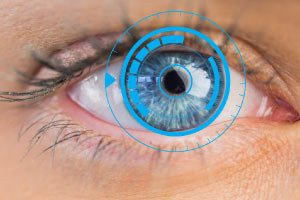Description
This course covers the most recent and cutting-edge psychological research on avatars, and it is applicable to current and future designers of any medium that includes user self-representations (e.g., video games, virtual worlds, robots, automobiles, social media, etc.). By completing this course, you will be able to define digital and non-digital avatars and identify how they can be used in everyday situations. You'll be able to tell the difference between different types of relationships people have with their avatars and different motivations for using avatars that are more or less like themselves. The course will assist you in determining the significance of various avatar attributes (for example, gender, race/ethnicity, attractiveness, personality, humanity, body type, hair, controllability) and avoiding common harmful stereotypes in your designs.
Syllabus :
1. Avastart Here!
- Avatar: A Broad Scientific Definition
- Avatar Attributes: From Attractive to Uncanny
- Non-Digital Avatars
2. Connections to Avatars
- Player-Avatar Relationships
- Avatars and the Self
- Avatars and Identification/Customization
- Identity Expression versus Exploration
3. Gender, Race, and Other Traits
- Matters of Avatar Sex/Gender
- Choosing Avatar Gender
- Race/Ethnicity of Avatars
- Avatar Appearance and Identification
- Avatar Movement and Control
4. Got any Change? Effects of Avatars
- Transformed Social Interaction and Digital Doppelgangers
- The Proteus Effect








